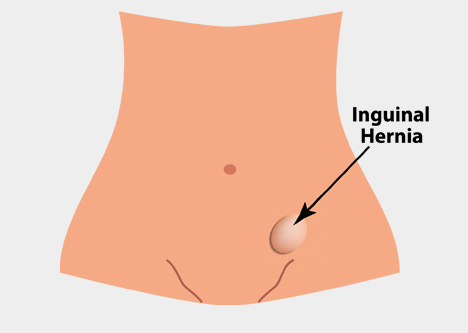Inguinal hernia is the most common type of hernia, affecting thousands of people in Singapore every year. This condition can happen to both men and women, although it is more common among men. They also affect all age groups, from children to the elderly. While it is generally not dangerous, inguinal hernias tend to grow and potentially cause serious complications if left untreated.







